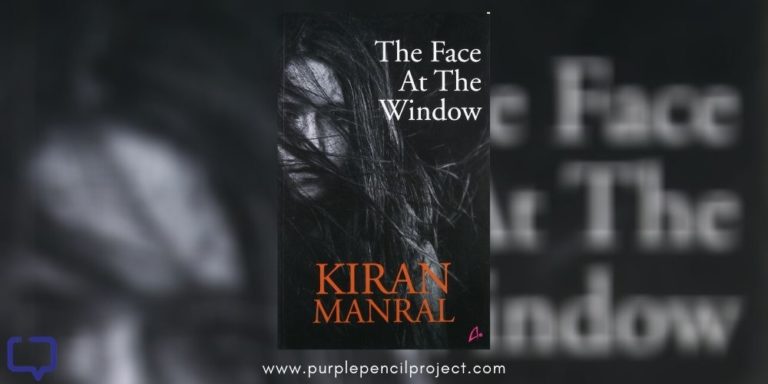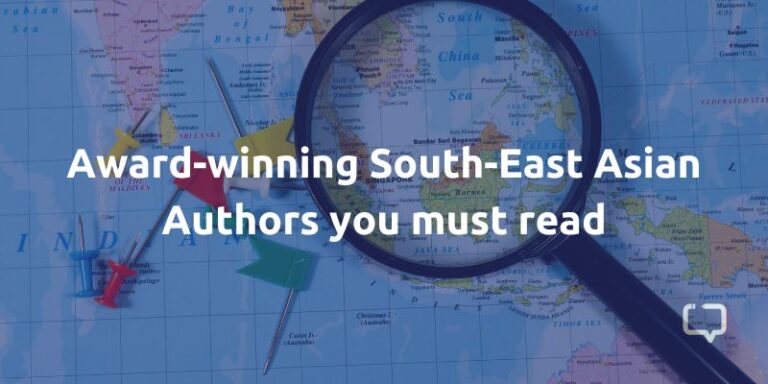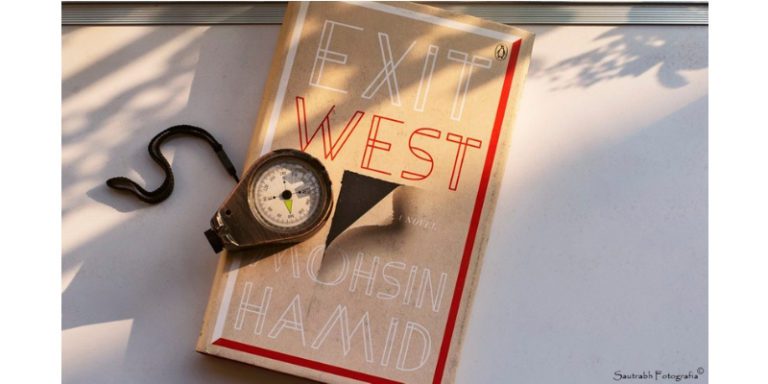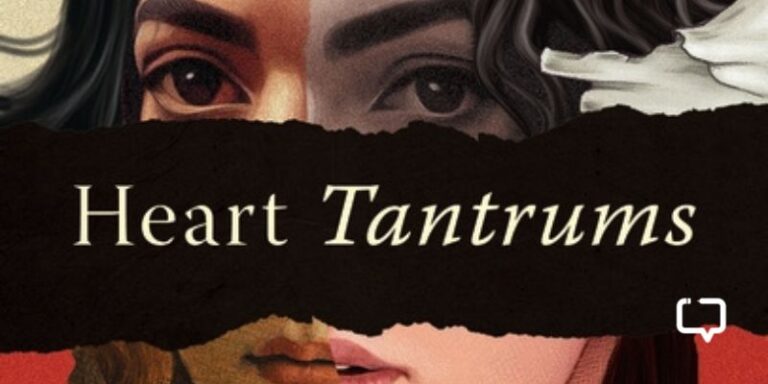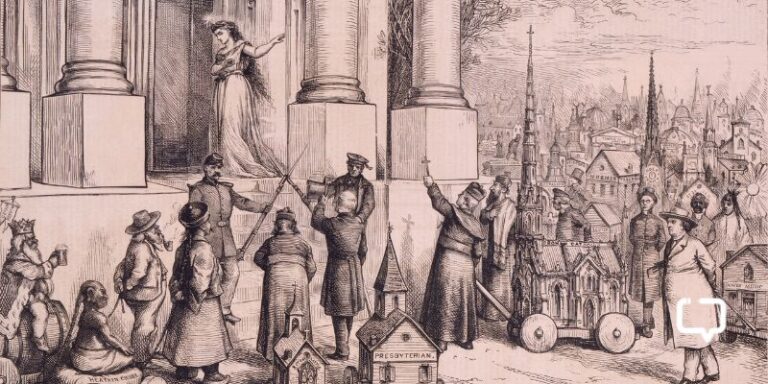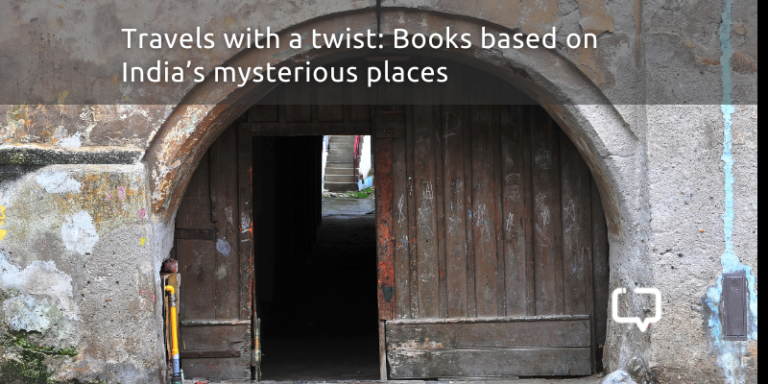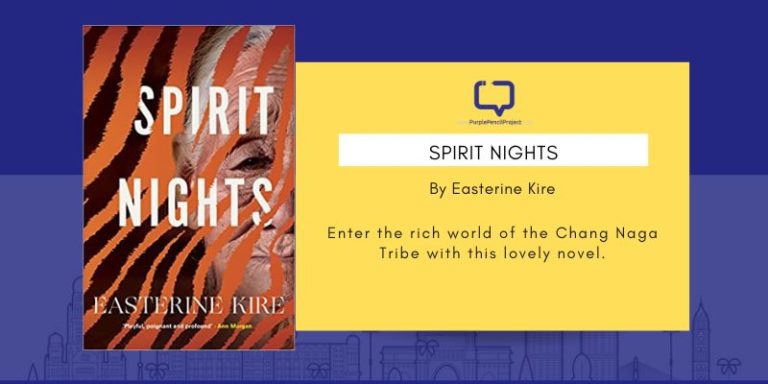Tishani Doshi’s Small Days and Nights is the latest addition to her much-admired oeuvre of poetry, dance and fiction. In this book, she spins the tale of two sisters – Grace, a woman in her mid-30s who leaves behind a husband, a house and a life in the America to return to her roots and redeem her past in the small coastal village of Paramankeni in Tamil Nadu — and Lucia, who suffers from Down’s syndrome. Lucia is the sister that Grace only recently discovered she had, and wants to care for and build a new life with.
Grace’s father is an Italian man who spent many years of his life in India, and her mother is a Tamil woman from Tranquebar and their strained marriage make fleeting appearances in the book as Grace tries to re-examine her past in search of answers.
We caught up with the author to talk about the book, what it means to be a woman in this world, relationships and more.
How did the idea for Small Days and Nights come about?
I lived with the book for a while. I had no clear idea about where it would go. One of first character ideas that came to me was Grace’s father; based on someone I’d met and observed – an old (a middle-aged) Italian man who was unhappy about being in India. So this grumpy man developed into a character. It’s a geographical novel in the sense that the place was important – I wanted to write about a landscape I knew intimately and this movement between Paramankeni and Madras and the world. The characters followed later.
How much of Grace’s character do you draw from your own life?
It was a strange experience, writing this novel. There is no great feeling of togetherness between Grace and I. She is not who I am. I thought of her because I was living in a remote place in Tamil Nadu with my husband, and I wondered whether I would be able to live there by myself. What it would mean for a woman in India to make her way alone in a remote, coastal village. That’s how the story began.
Grace is a creature of my imagination. I can understand her feelings and her bravery and relate to her to the extent of being an ‘outsider’ of sorts in India, being from a mixed culture, and being a city person choosing to reside in a rural space and feeling disjointed about it as though you don’t really belong there. I wanted to explore this anarchic movement from the city to the village through her.
Please do tell us a bit about your own background and this mixed culture you belong to
My father is Gujarati and my mother is Welsh, though I’ve spent most of my life in and out of Madras and Paramankeni and so my experience of India mostly comes from that prism.
Were you inspired by any particular literary style while writing this book?
The Pleasure Seekers (Doshi’s first book of fiction) is an ideal, exuberant, beautiful love story that also explores ideas of hybridity. The same themes find themselves in Small Days and Nights, except in a much darker, somewhat claustrophobic way. While I was writing the book, I was also working on Girls Are Coming Out of The Woods,a collection of poems about women and their experiences.
As a woman living in India, the conversation has totally shifted. It felt dishonest to write about it in any other way. The sheer horror of it but also the joyous freedom we’re now experiencing which previous generations did not have and to be able to move around and make new choices in it – how to straddle all of that – it had to be written in a more honest way.
I didn’t want to gloss over anything, even if it was uncomfortable. Even the characters in the book that are essentially good characters have their flaws.
There is much cause for celebration and much to be horrified by and I wanted to capture all of that – how we create families, support structures or choose to break away from them. Once I figured Grace’s voice, the novel the novel fell into place. She herself is a flawed, untrustworthy character trying to rectify her life – failing and succeeding, and failing and succeeding at it so there’s this tension throughout – dark but tight, with windows of air, beauty and grace and that’s the style I was going for.
Tell us a bit about the process of writing this book – do you generally follow some kind of standard procedure, or was it different for this book?
It varies depending on the project but for this book, I wrote for a good four-five hours each morning. It took a long time to figure out what I wanted to do with it. I had abstract ideas and some emotions to work with, which I tried to understand through the process of writing itself. There were many false starts, blind corners, and dark alleys.
Writing poems is totally different and I can’t do both at the same time. Writing a book is always a sustained effort and involves saying ‘no’ to a lot of things including travel, which I love (laughs).
As a woman living in India, the conversation has totally shifted. The sheer horror of it and the untoward experiences but also the joyous freedom we’re now experiencing which previous generations did not have and to be able to move around and make new choices in it – how to straddle all of that – it had to be written in a more honest way.
I put in the most work in the two years before the book got published. It was about three months of continuous writing, and then one month of break. You need these breaks, as time is a good factor to decide whether the book is holding up or not. It’s a mysterious process that varies with every book, every new project.
How much of your dance feeds into your writing, and vice versa?
Dance has been a big part of my life ever since I met Chandralekha when I was 26 – old for a dancer. She took me under her wing nevertheless. At the time, I was already an aspiring writer.
You Your mid-20s are a wonderful time to be a woman, and I thought I knew my own body then, but meeting Chandralekha made me realize I knew nothing. Being in this new body through dance changed my ideas of writing and what it meant to be a writer.
Even though I don’t perform with the troupe anymore, I do my own small choreographies. I never want to lose my connections of physicality, poetry, language, and words. It’s a conversation that happens between writing and dance and I’m reluctant to give it up.
Books tend to be a different kind of performance where the relationship between the reader and the writer is extremely private. When you’re on stage there’s a direct relationship. We go to these festivals because we need that connection – especially in the midst of the isolating effects of technology and the busyness of our lives – someone getting up and reading a poem can be a very intimate act. So yes, I do want to continue both dance and writing.
In what way would you consider this book feminist?
For me, feminism goes beyond just fighting for equal rights and goes into challenging existing systems of living. India is a patriarchal society with very fixed ideas about the family structure and the woman’s role within it.
In this book if you’ve noticed, the men are just peripheral characters but it’s the women who are central and build a life together. I’m interested in how they develop those relationships and how women can get support from other women. Grace takes on this role of being a caregiver without knowing anything about it and it’s almost too much for her to do alone. So then rather than saying, “Let’s find her a husband!” I was more interested in whether she could do it differently.
Feminism is about asking whether you have the freedom to make choices that make you happy. To be free though, you need to have financial independence, you need to have control over your reproductive rights, you need to be able to choose your own path.
I’m surrounded by quite a few women who are single mothers, or those who choose not to have children and it might be difficult but I think there definitely are other ways of living and maybe we can find them. Though I’m not against marriage – I’m married and I’m very happy (laughs).
What message would you give to budding artists, especially the girls?
Firstly, take yourself and your work especially seriously. Don’t let people think that it’s a hobby because there’s a huge difference between the two. Also, it’s all about really investing in every way and knowing that things take a lot of time – to be curious, investigate deeply and cross-pollinate between all the different forms you’re interested in. Don’t limit yourself to the discipline you’re working on. Open up.
Secondly, try to create a community as it can get lonely being a creator of any kind. Honesty, good criticism and a good support system can go a long way. You need a sounding board. Stamina is essential. Don’t give up.










